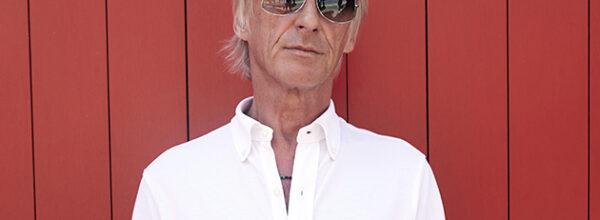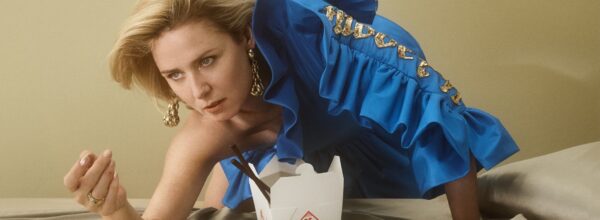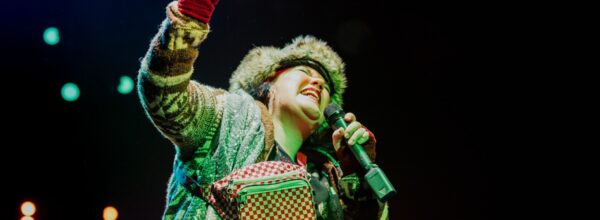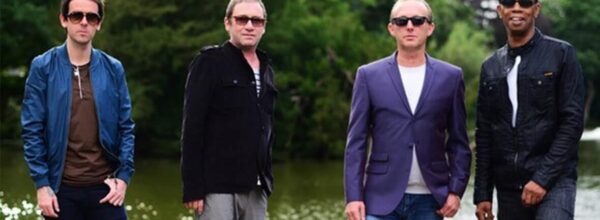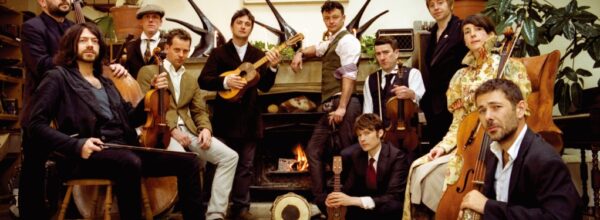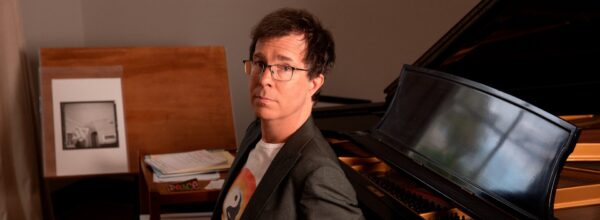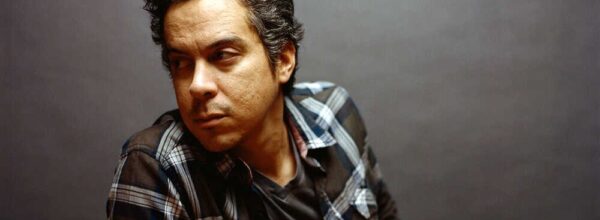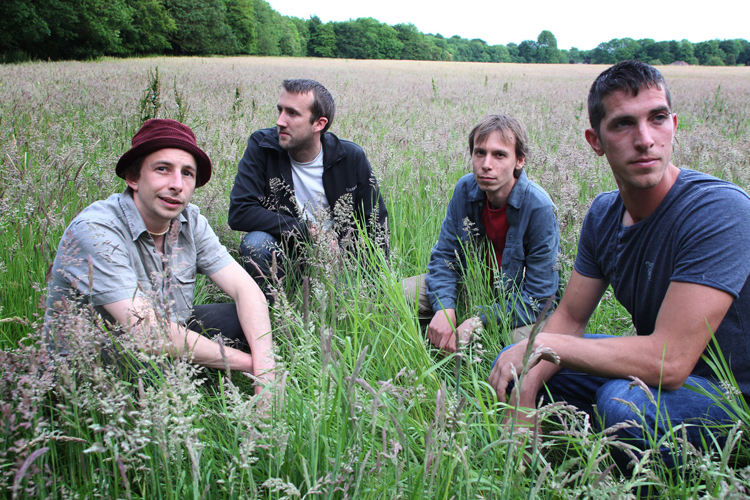
Following on from their outstanding gig at Bristol’s Hen & Chicken, we spoke to Simon from Bristol jazz outfit Lund Quartet about their upcoming album and collaborations with local musicians.
Hi Simon. Thanks for the great gig at the Hen & Chicken. You showcased some new material – when can we expect the new album?
We’re hoping to have it finished in the Spring, then it’ll probably be released in the Autumn. We were really pleased to play at the Hen & Chicken for Ian Storer as he has been promoting jazz in Bristol for decades and has been really supportive of the band from an early stage.
How did you find following up your critically acclaimed debut? Is the new material a direct continuation?
We were so pleased with the response to our first album, although we always felt we could do better – so we’re really eager to get this next one out and try and get it as good as we feel we can. We have a bit more confidence this time round, both from the feedback from the first album but also having done a large number of gigs since then. The new material is in a similar vein to the first album but hopefully we’ve developed our musicianship and compositions a bit more. We’re also trying to let ourselves go a little more, not play it quite so safe – there are certainly sections of quiet restraint, but those sections mean more when they’re contrasted with something with a bit more energy.
How did the band originally start up?
I met Jake quite a few years ago shortly after moving to Bristol, we worked together in an office and he mentioned he was a turntablist, I was intrigued as I’d never played with one before. We had a piano and turntable jam and I have to admit I was surprised by the musical way he approached the turntables. I found we had much more in common musically than a lot of other musicians I had played with who play more traditional instruments. When he mentioned that it was possible to record anything in to his laptop and scratch it back I got quite excited! It opened up so many possibilities. We began writing material together, I would often record violin parts that he would scratch back to me whilst I played piano, over a looped programmed beat (this is how the track ‘Lonn’ came about). After a few months we decided we should find a bass player and drummer and try some things live. I knew Rob (bass) from uni (we studied Creative Music Tech at Bath Spa together). Rob has known Sam (drums) since they were at college together, they have played in many bands over the years together, most notably Dr Meaker.
You mentioned that you rarely play shows in Bristol. Is there a reason for this?
Not especially, other than we’ve played a lot of gigs here over the years and so we felt we shouldn’t do too many more until we had written a lot more new material. We’ve also generally not being gigging much over the last year as we’ve been trying to concentrate on writing. So the Hen & Chicken gig was the first in Bristol for quite a while. Next year we’ll being doing a few more in Bristol we hope.
Do you find it more daunting playing home gigs, where family and friends might be in the audience?
No, the atmosphere when we play in Bristol is amazing. It’s really nice to look out and see familiar faces, and get the odd heckle from friends. A lot of our friends and family are musicians too so it’s great to get their feedback.
Your music features elements of tracks laid down by local musicians. How do you select these musicians, and what is the process behind the recording?
Whoever we can get to be honest, we are lucky to have a lot of talented friends – like the brass section, Ben Wood and John Winder, from Dr Meaker who are happy to spare some time for us. We had a flute player in a few weeks ago who I heard busking down in the Bearpit. We’ve also recently had James Morton and Craig Crofton in the studio which was a real privilege. The recording process varies, but we tend to write a beat and some chords and ask musicians to improvise over it, we’ve often written some melodic lines or harmonies too. The four of us then get together and load the recordings on to Jake’s turntable and we jam together whilst Jake slowly goes through playing all of the recording. Hopefully, hooks and melodies start forming, sometimes played straight more or less as it was recorded, other times the melody comes from some manipulation Jake’s doing on the turntable – that’s where we find things get interesting as the turntable moves away from being just a sampler and becomes something new, creating melodies/sounds that were probably not possible on the original instrument. It’s quite a slow, laborious process to be honest, it’s a bit chicken and egg as Jake can’t make a sound until we’ve recorded something, and often we need some sound from Jake for inspiration.
Is there any musician that you have particularly enjoyed collaborating with? Craig Crofton has gifted you some beautiful sax for your new material.
I have to say we were blown away by James Morton, he gave us some really amazing sax. Craig Crofton too. When something like that happens it’s really inspiring.
What is your ideal gig?
We seem to play quite a variety of gigs and get something different from each of them. We initially found it quite hard to get gigs as we seemed to fall in the cracks between jazz venues (we’re not quite jazz enough) and more dancy clubs (we were a bit too jazz). A few weeks ago we were in Brest and played a breathtakingly posh 1500 seater concert hall with about 15 engineers and a £100,000 grand piano. The sound was crystal clear and playing felt very easy, although those type of concerts can make you a bit nervy. The night before that we played a tiny sweaty jazz club in Paris, which in some ways was more enjoyable as it felt a lot more intimate and relaxed.
What do you make of the current jazz scene in Bristol, and in the UK more widely?
The music scene in general in Bristol is really vibrant, that’s how we all individually ended up here. There are some great venues, and a lot of great local players, the jazz scene specifically is starting to open up a bit more to less ‘traditional’ jazz, which is where we perhaps fit.
Conal Dougan
